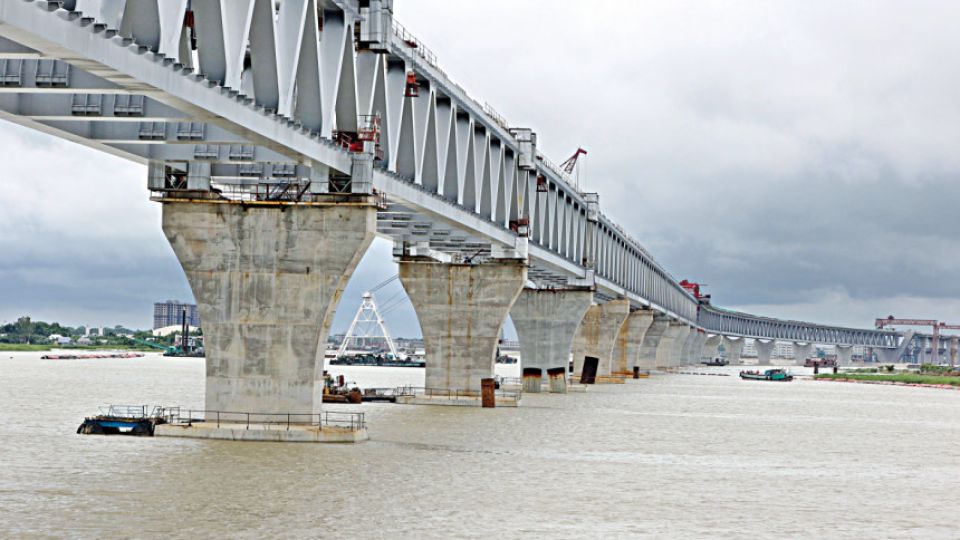May 23, 2022
DHAKA – Bangladesh’s economy should be on guard for 2027 and 2028 from when the country will start to collectively pay back the interest due on four or five foreign loans taken for domestic mega-projects, according to Bangladesh Economic Association (BEA).
The BEA issued the alert while detailing its alternative national budget proposal of Tk 20.50 lakh crore for fiscal year (FY) 2022-23, which is three times higher than that of the ongoing year.
The association of professional economists held a press conference in this regard at its office in Dhaka today.
The BEA had proposed a Tk 17.38 lakh crore budget for FY2021-22, which was also almost three times the government allocation of Tk 6.03 lakh crore for the year.
BEA President Abul Barkat said whenever the government formulates the national budget, its first concern was about the total money being spent.
“But this is a wrong way of thinking for constructing a society as money can never be the main issue. It can only be one of the means of achieving the overall goal,” he added.
Barkat went on to say that the process of preparing a budget begins with considering what was needed by the people to build decent lives.
“We are not in favour of balancing the budget or the economy. We are for social balance,” he said.
As per the proposal, of the total Tk 20.50 lakh crore budget, Tk 18.70 lakh crore will come from government revenue while the remaining Tk 1.80 lakh crore will remain as budget deficit.
However, the BEA’s proposed budget suggests that external sources would not play a role in financing the deficit.
Barkat said in order to eliminate inequality and poverty, not only in the upcoming budget but for at least the next five years, gaps in income, wealth, health and education will have to be continuously reduced until there were none.
“There has to be a fundamental structural change in income and expenditure in the budget. No tax slavery can be imposed on the poor or lower classes to determine the source of funding,” he added.


